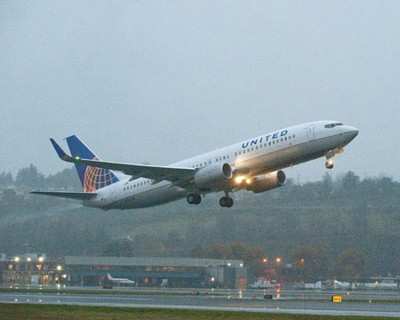Thu, Nov 18, 2010
Advertisement
More News
 Classic Aero-TV: Extra Aircraft Announces the Extra 330SX
Classic Aero-TV: Extra Aircraft Announces the Extra 330SX
From 2023 (YouTube Edition): An Even Faster Rolling Extra! Jim Campbell joined General Manager of Extra Aircraft Duncan Koerbel at AirVenture 2023 to talk about what’s up and>[...]
 Aero-News: Quote of the Day (11.15.25)
Aero-News: Quote of the Day (11.15.25)
“Receiving our Permit to Fly and starting Phase 4 marks a defining moment for Vertical Aerospace. Our team has spent months verifying every core system under close regulatory>[...]
 ANN's Daily Aero-Term (11.15.25): Middle Marker
ANN's Daily Aero-Term (11.15.25): Middle Marker
Middle Marker A marker beacon that defines a point along the glideslope of an ILS normally located at or near the point of decision height (ILS Category I). It is keyed to transmit>[...]
 NTSB Final Report: Lancair 320
NTSB Final Report: Lancair 320
The Experienced Pilot Chose To Operate In Instrument Meteorological Conditions Without An Instrument Flight Rules Clearance Analysis: The airplane was operated on a personal cross->[...]
 Airborne 11.14.25: Last DC-8 Retires, Boeing Recovery, Teeny Trig TXP
Airborne 11.14.25: Last DC-8 Retires, Boeing Recovery, Teeny Trig TXP
Also: ATI Strike Prep, Spirit Still Troubled, New CubCrafters Dealership, A-29 Super Tucano Samaritan’s Purse is officially moving its historic Douglas DC-8 cargo jet into re>[...]
blog comments powered by Disqus




